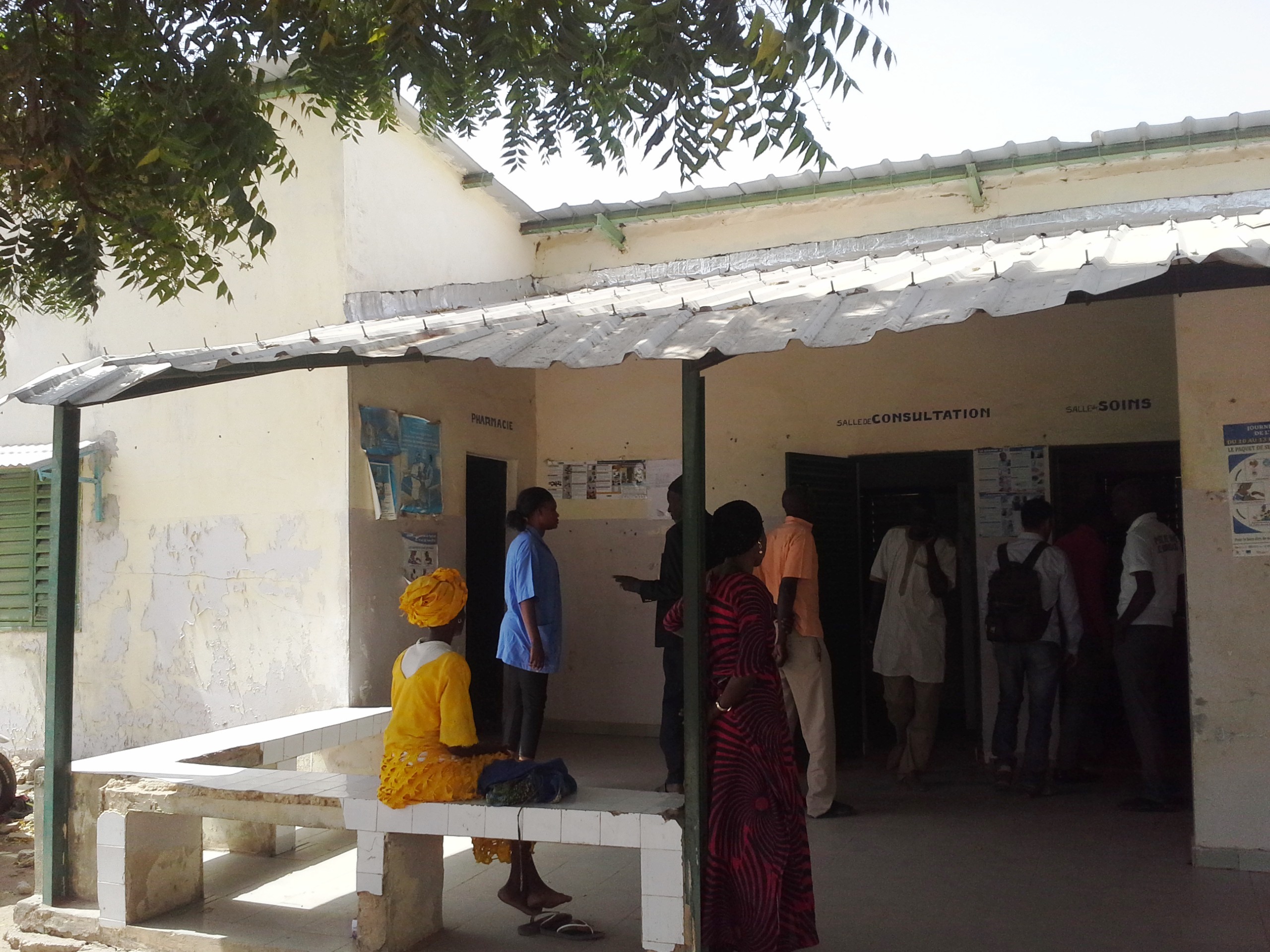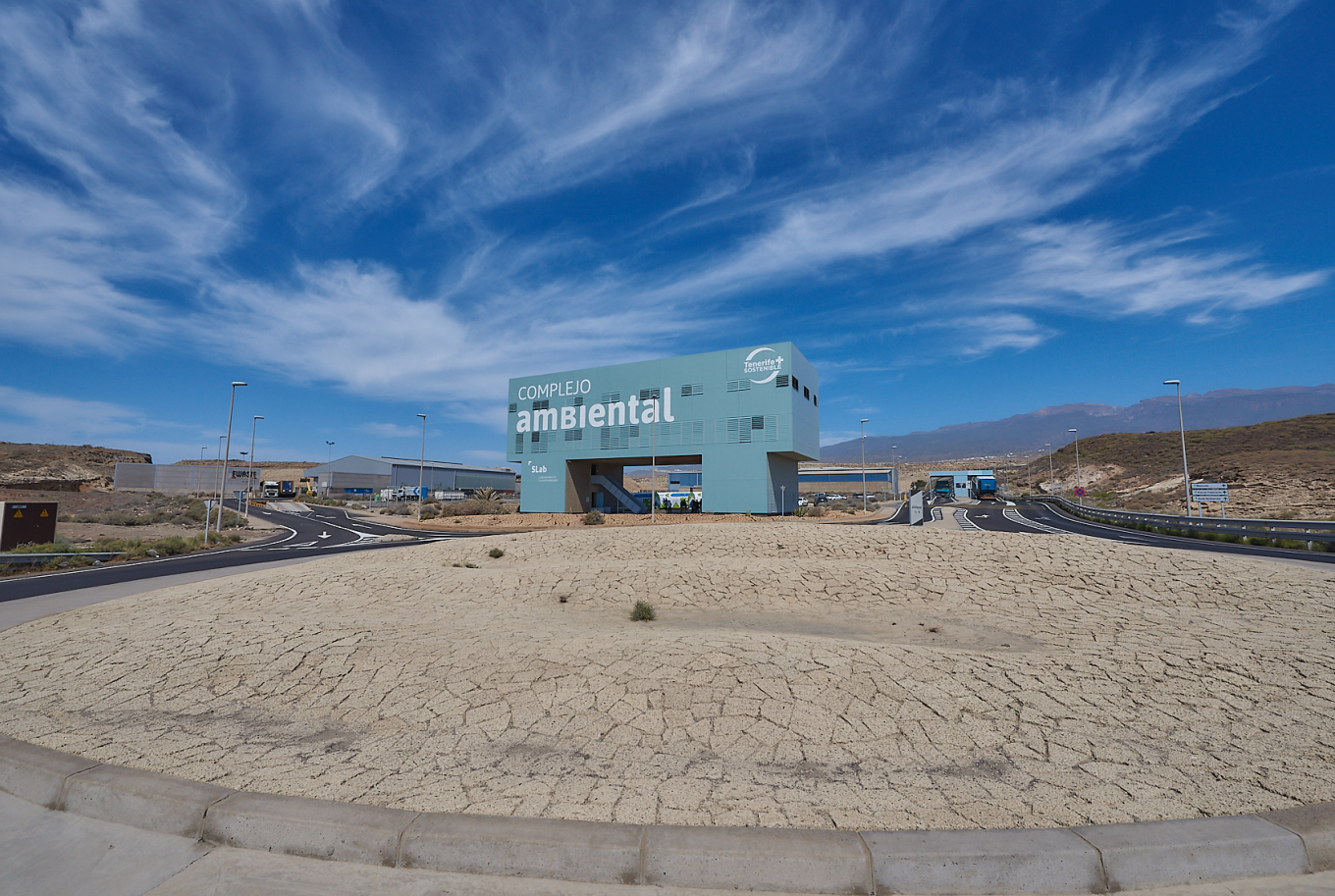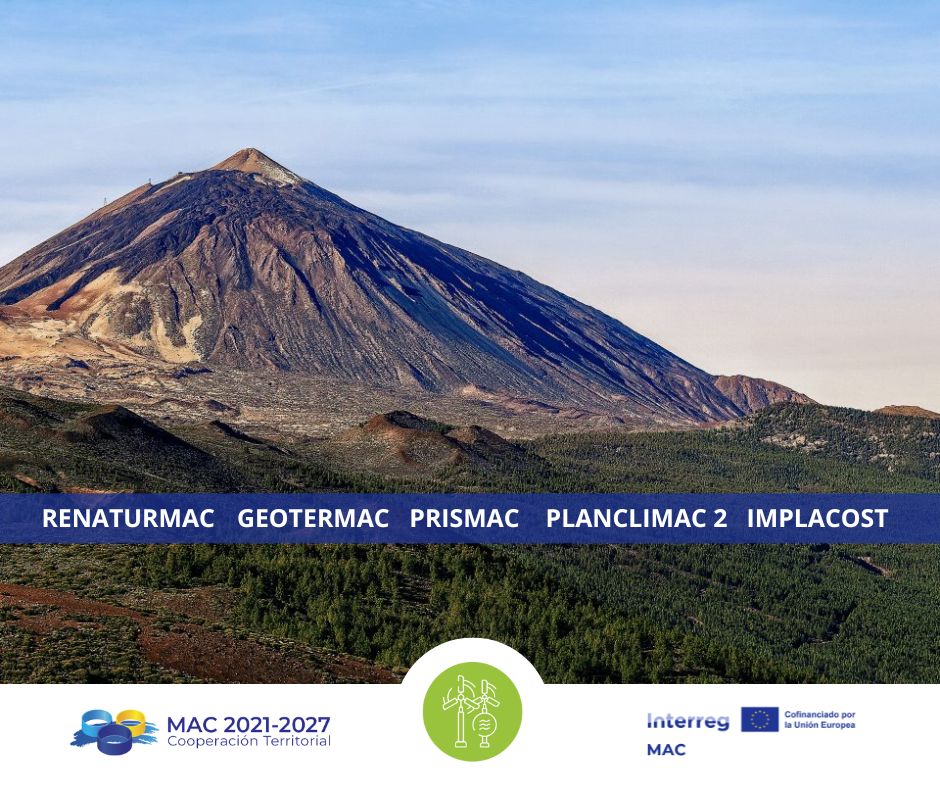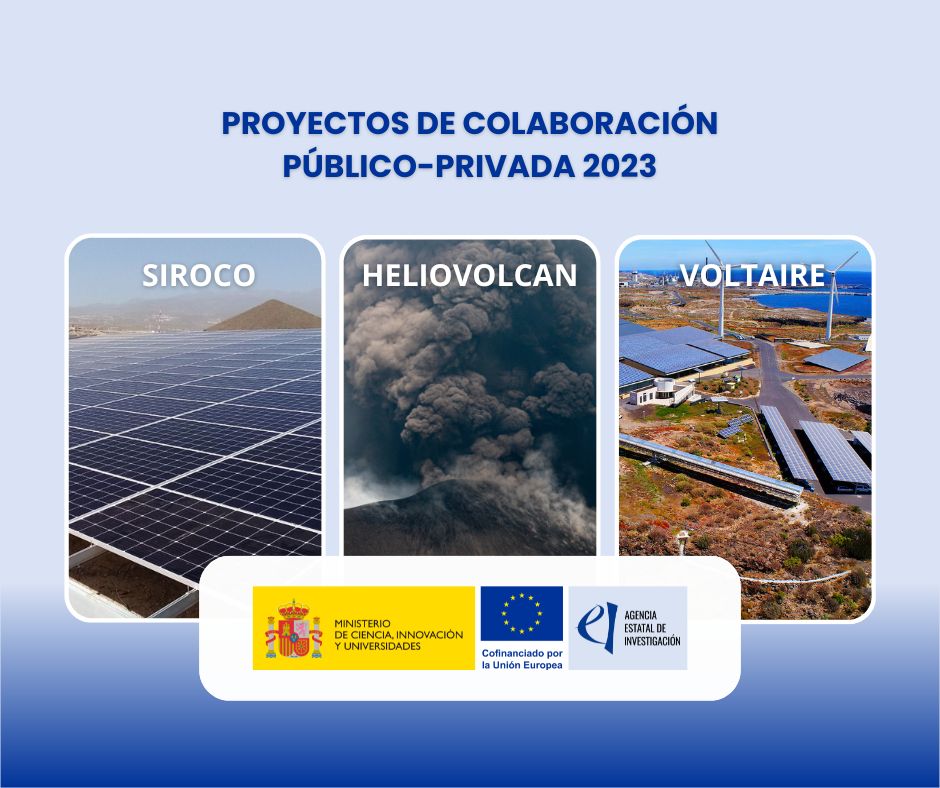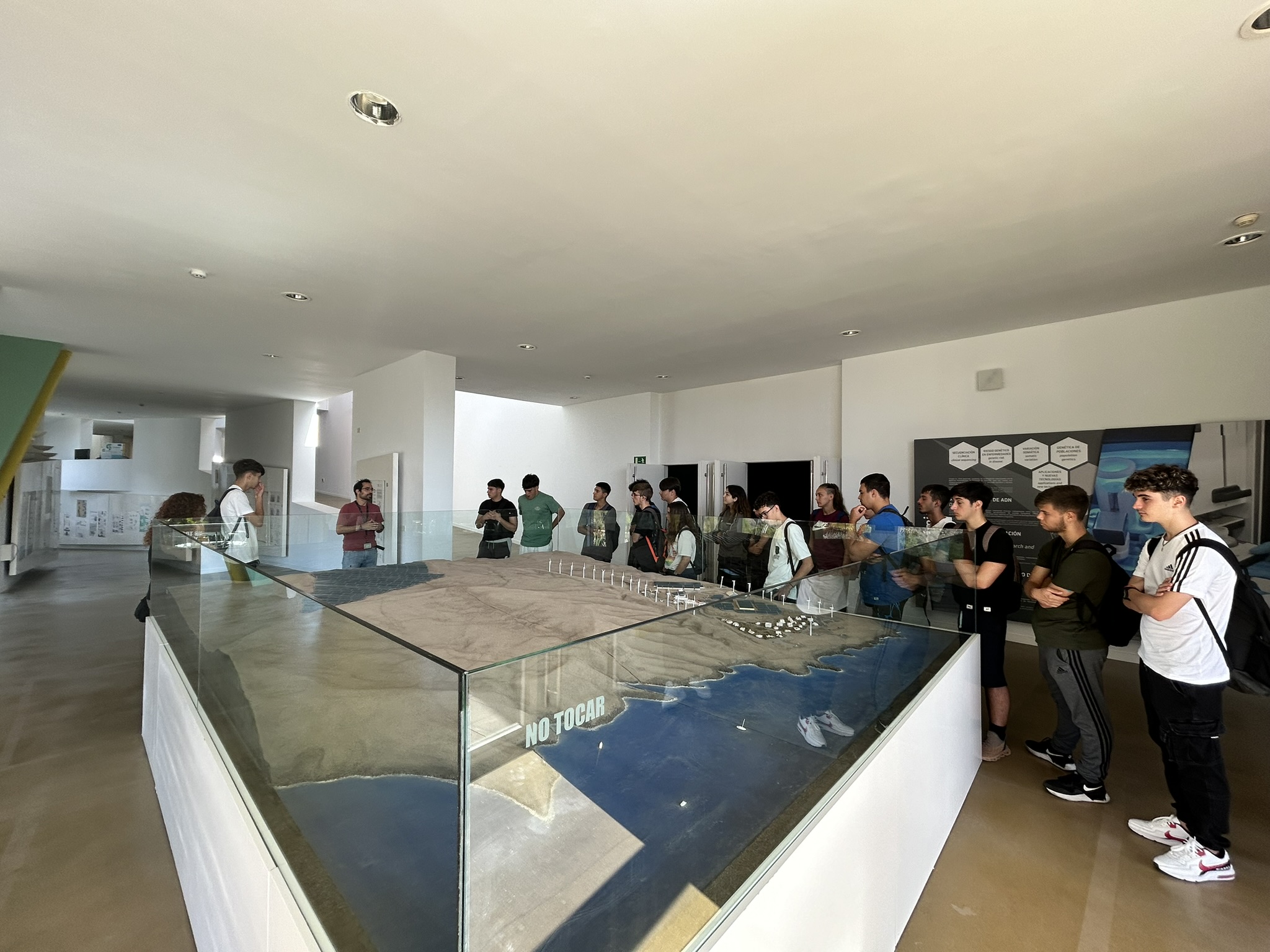This project, which will be developed by ITER throughout this year, is framed within the collaboration that the Cabildo de Tenerife maintains with Senegal, through the External Action Area.
The project will be implemented in the village of Ndangalma where a photovoltaic kit will be installed in order to provide energy to the village’s health center, ensuring it’s uninterrupted operation capabilities, of the center despite the frequent power outages that happens in Senegal, while helping to reduce its electricity bill.
In particular, the photovoltaic kit is designed to prioritize its energy production for self-consumption, rather than to feed energy into the grid. Technically, the kit is capable of being interconnected to the grid, but is designed to give absolute priority to the photovoltaic generator and the use of batteries, so that the grid only functions as support whenever necessary.
The purpose of this project is to evaluate the possible cost-reduction related to the implementation of this kind of kits in other territories. To do this, it is necessary to determine the capacity of the local workforce for receiving the material supplied, executing its assembly following the provided installation guides and to carrying out the start-up and maintenance of the system.
The configuration of self-installable, compact and durable photovoltaic kits would result in a significant reduction on the costs related to the development of this kind of projects in developing country territories.
The project will allow achieving a dual objective: On the one hand, it will increase the knowledge level for the adaptation of these systems in African rural communities and, on the other hand, will contribute to ITER’s internationalization through the generation of contacts and experiences in the African continent, where the institute already has experience in external promotion activities and international cooperation projects, such as the project of Photovoltaic Micro-grid Systems in Senegal and the MACSEN-PV projects.


